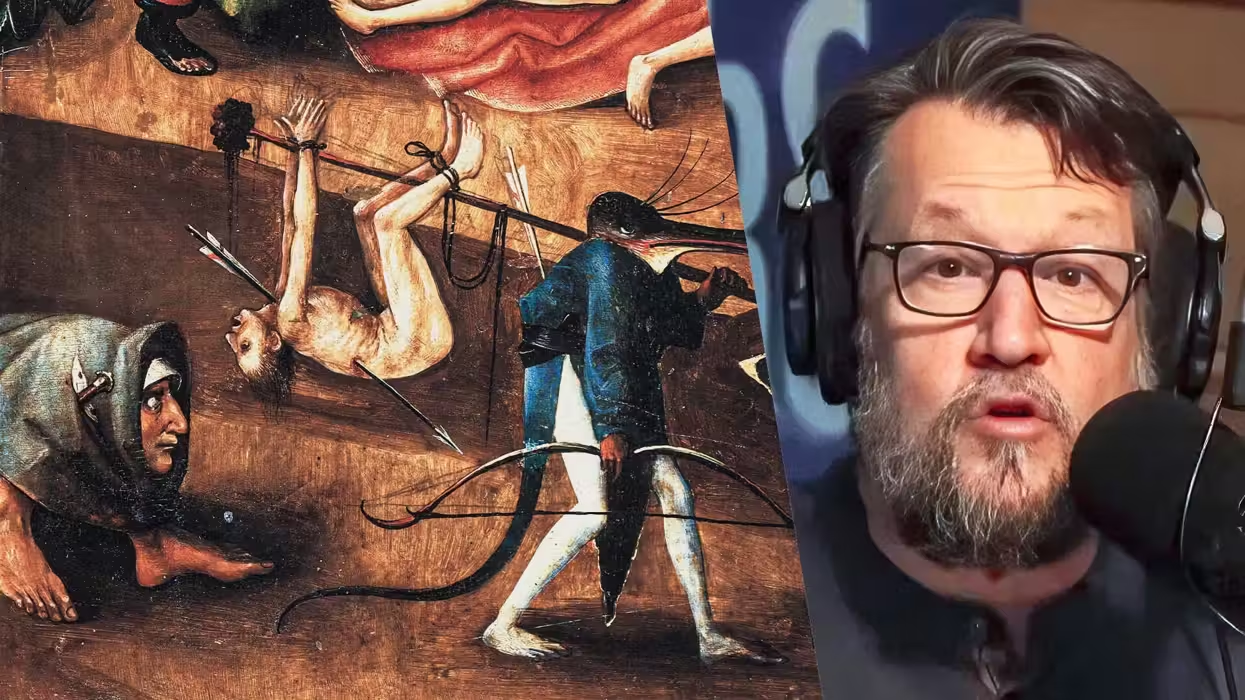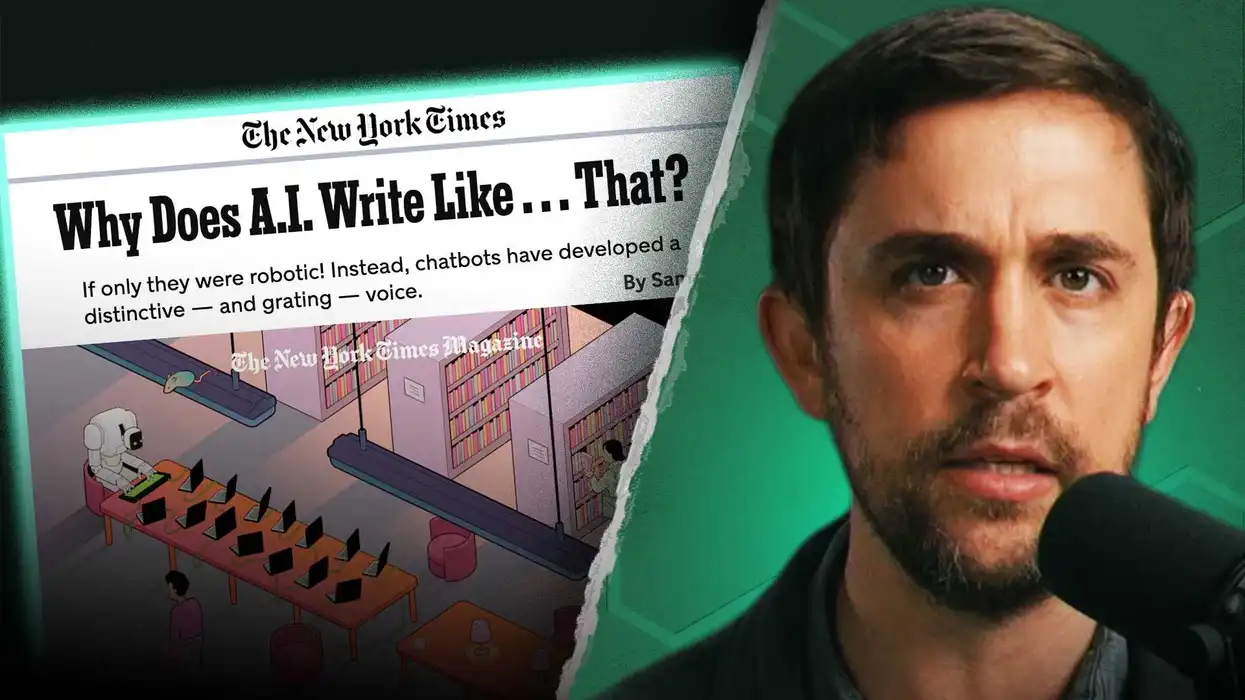
© 2025 Blaze Media LLC. All rights reserved.
Why You Might See an Unusual Number of 'Loading' Icons Across the Internet Today
September 10, 2014
"The day of action will help rally people from across the Web to speak out ... "
It's not your computer: Internet users will see extra slow-loading icons across some major websites Wednesday as part of a protest to protect net neutrality
Hugely popular sites like Reddit, Netflix, Etsy, Foursquare, Kickstarter, Mozilla and Vimeo -- and even some pornography sites like Pornhub and Redtube -- are joining together in an online protest to defend net neutrality, just five days before the Federal Communications Commission ends its public comment period.
 Tech Dirt is another site participating in the protest, showing users a spinning loading icon before they can reach the site's content. (Image source: TechDirt)
Tech Dirt is another site participating in the protest, showing users a spinning loading icon before they can reach the site's content. (Image source: TechDirt)
"Cable companies want to slow down (and break!) your favorite sites, for profit," a post at Battle For The Net reads. "To fight back, let's cover the Web with symbolic "loading" icons, to remind everyone what an Internet without net neutrality would look like, and drive record numbers of emails and calls to lawmakers."
Battle For The Net and other like-minded organizations such as the Electronic Frontier Foundation identify net neutrality as "the idea that Internet service providers (ISPs) should treat all data that travels over their networks equally." They are hoping to draw the attention to proposed FCC regulatory guidelines that have left Internet users and companies alike deeply concerned: new language giving Internet service providers leeway to create a “fast lane” for certain websites if they pay for speedier service.
"But you can’t have a fast lane without also having a slower lane. And that means everyday websites—including journalistic websites and start-up companies that could compete with established Web services—could be slow to load, even as our expectations for loading speed leap ahead in the coming years," the Electronic Frontier Foundation said in a post explaining the protest.
Hence the protest.
The EFF and participating sites are creating mock "slow lanes" to show what an Internet without net neutrality could look like.
While none of the protest actions actually slow Internet speeds, the participating companies hope to draw some last-minute attention to the issue and max out possible comments to the FCC.
"We’ve already made a huge impact. The Sunlight Foundation recently analyzed over 800,000 comments submitted to the FCC about net neutrality– and found that more than 99 percent of them supported stronger protections for neutrality," the EFF said in a post. "The September 10 day of action will help rally people from across the Web to speak out, and help create such a ruckus that the FCC cannot ignore our call to amend its proposed rules—and force Congress to take note as well."
Supporters of the FCC's proposed Internet regulations argue varying prices for content is how a free market should work. Forbes contributor Gene Marks explained the counterargument this way:
"Wouldn’t it be great if a two bedroom, 2,000 square foot apartment on Park Avenue cost the same as one in Queens ... (or) if you could buy a new BMW for the same amount as a new Hyundai? Or if the price of a Harvard education were equal to one from your local community college? These things are priced differently. They are not neutral. Nothing is neutral in a free market economy. Which is why “net neutrality” is a dumb idea.Demanding that the speed of access to it be provided at the same cost to everyone is like demanding to pay the same for a room at the Hampton Inn or the Ritz Carlton ... If people want a better location they have to pay more. Why would the Internet be any different? There’s no such thing as neutral."
But net neutrality supporters argue the problem extends beyond sheer convenience, and it will lead to monopolies having even more control over content -- for example if the Comcast-Time Warner merger goes through, that company would control what more than 75 percent of cable customers receive on time versus being put in the ''slow lane."
For a simple refresher on how groups like the EFF tie net neutrality to the Comcast/Time Warner merger, mathematician Vi Hart explains it here:
--
Follow Elizabeth Kreft (@elizabethakreft) on Twitter
Want to leave a tip?
We answer to you. Help keep our content free of advertisers and big tech censorship by leaving a tip today.
Want to join the conversation?
Already a subscriber?
more stories
Sign up for the Blaze newsletter
By signing up, you agree to our Privacy Policy and Terms of Use, and agree to receive content that may sometimes include advertisements. You may opt out at any time.
Related Content
© 2025 Blaze Media LLC. All rights reserved.
Get the stories that matter most delivered directly to your inbox.
By signing up, you agree to our Privacy Policy and Terms of Use, and agree to receive content that may sometimes include advertisements. You may opt out at any time.






